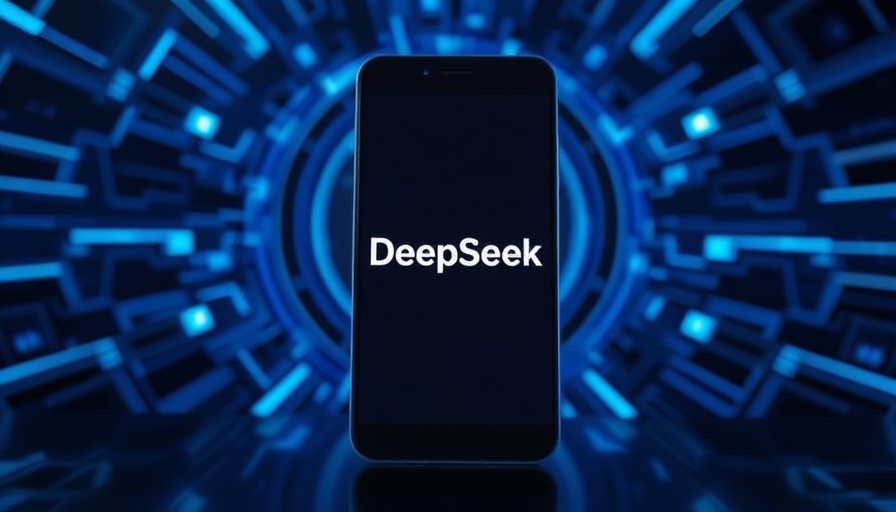
DeepSeek Faces Growing Bans Amid Rising Concerns
DeepSeek, a Chinese AI company, is increasingly under fire as various countries and agencies enforce bans on its artificial intelligence technologies. With concerns spiraling around privacy, ethics, and data security, numerous organizations are distancing themselves from the tech that once promised to revolutionize digital interaction.
Global Rising Concerns Over Data Privacy
The basis of these bans primarily revolves around fears of data leakage. Many government bodies fear that user data collected by DeepSeek could be made accessible to Chinese authorities as a result of local laws that mandate data sharing. This unease is not limited to countries alone; corporations are also adopting a cautious stance, pulling their usage of DeepSeek’s applications. Fears of possible exploitation have become a driving force behind these restrictions.
Italy Takes Action: A Case Study
Italy was among the first to take a formal stance against DeepSeek. Following an investigation by its Data Protection Authority, which scrutinized how the company handled personal data, Italy ruled to ban DeepSeek’s apps. This decision was based on DeepSeek's disputed claim that it fell outside the jurisdiction of EU's General Data Protection Regulation (GDPR). Such a proactive stance signals a growing awareness and crackdown on potential data privacy violations.
Cross-Border Security: Taiwan's Standpoint
Similarly, Taiwan's Ministry of Digital Affairs voiced its concerns over DeepSeek's potential threat to national security. Their ban on the use of DeepSeek tech within public sector entities underscores the increasing global consensus on securing crucial infrastructures from potential foreign threats. The Ministry explicitly mentioned fears of cross-border data leakage, highlighting a shift towards more stringent data governance.
U.S. Legislative Measures: Caution in Technology Adoption
In the United States, DeepSeek technology is also being scrutinized. Congressional offices were warned against using DeepSeek products due to potential threats identified by the House’s Chief Administrative Officer. Reports indicate that such technology poses risks related to malware that could compromise devices connected to government services, marking an important moment in safeguarding technologies used in public service.
Conclusion: What This Means for Future Tech
The actions taken by various states signal a cautious approach toward foreign technology, especially from companies linked to nations with different privacy standards. As concerns about data security continue to mount globally, the repercussions for companies like DeepSeek could reshape how AI technologies are embraced worldwide. This protective wave may lead to stricter regulations not just for DeepSeek, but for other tech firms under similar scrutiny, emphasizing the imperative of security in our increasingly connected world.
 Add Row
Add Row  Add
Add 




Write A Comment